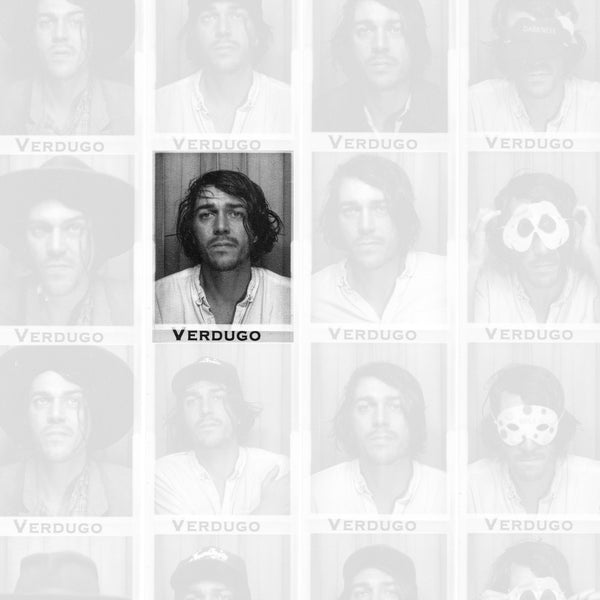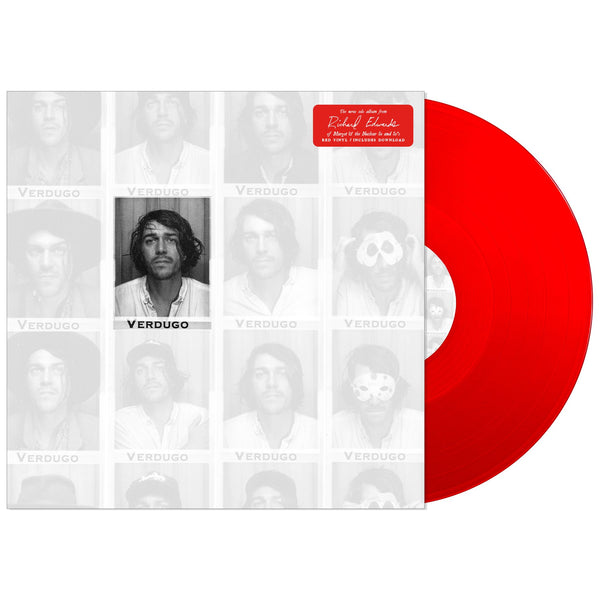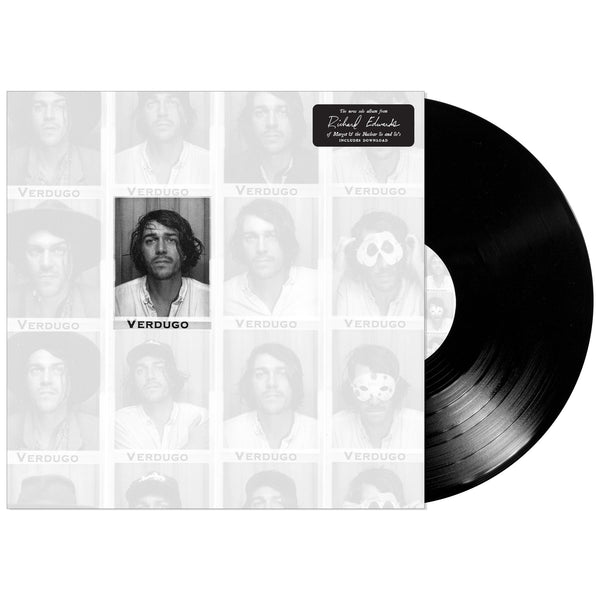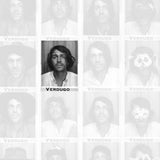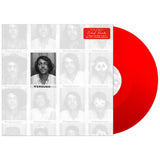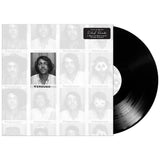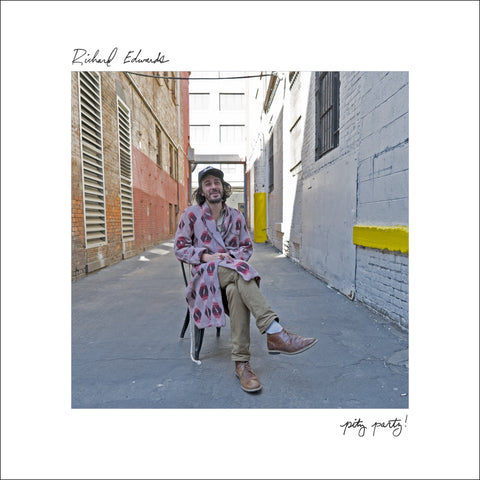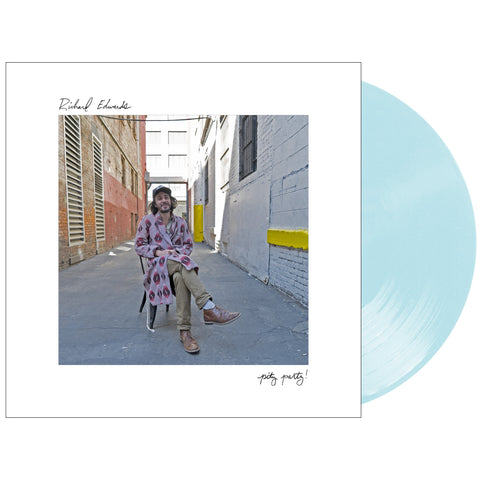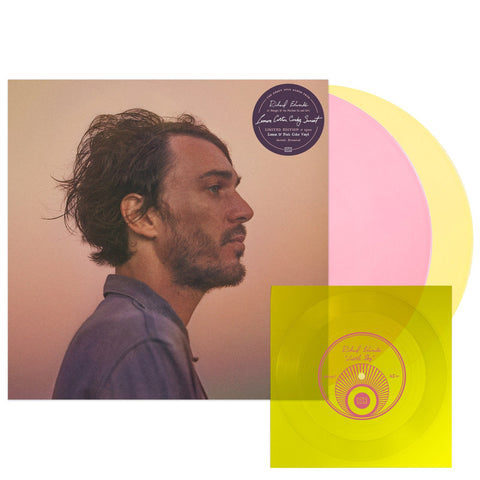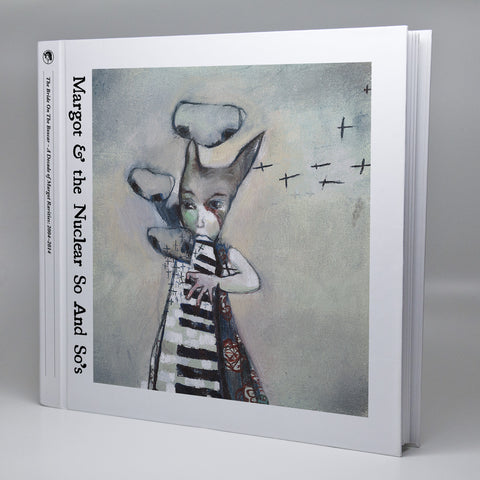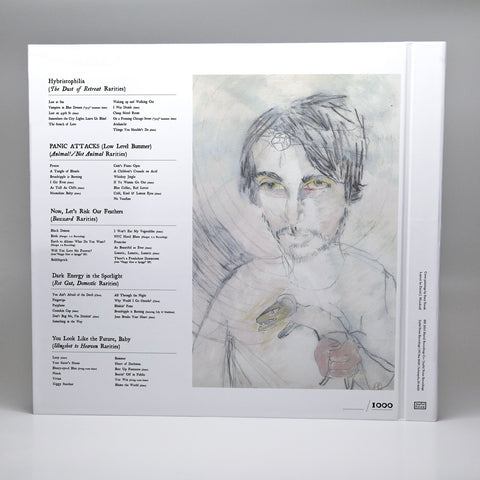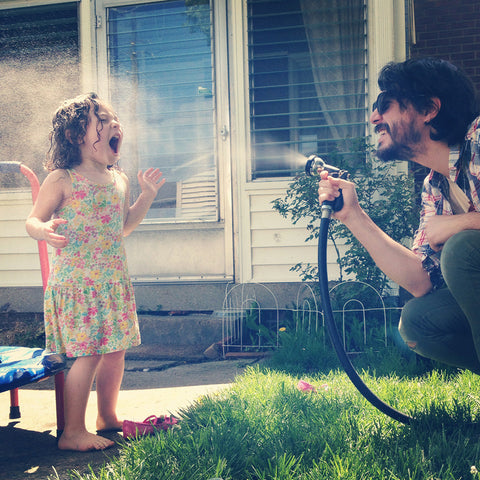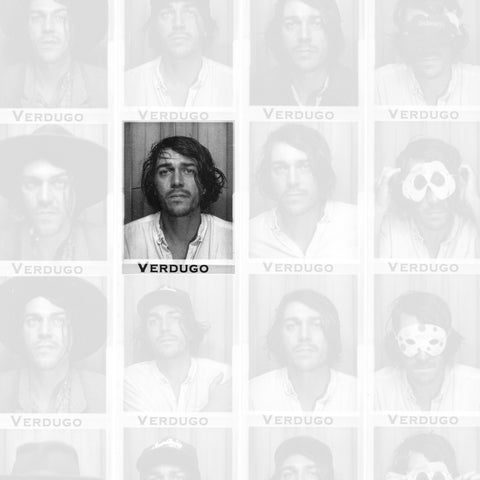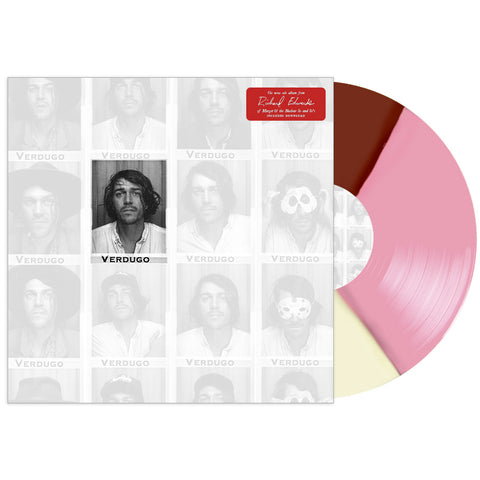$ 9.00 USD
SOLD OUT
- Gene
- Beekeeper
- Minefield
- A Woman Who Can’t Say No
- Howlin’ Heart
- Olive Oyl
- Something Wicked
- Tornado Dreams
- Strange
- Pornographic Teens
Richard Edwards felt almost human when he returned to Los Angeles to record songs for what became Verdugo, out June 1, 2018. It’s the follow-up to the Indiana singer’s 2017 album Lemon Cotton Candy Sunset, a beautiful, personal release that was deeply unpleasant to make. Not only was he afflicted at the time by an intestinal ailment that often left him unable to stand, let alone sing, his marriage fell apart midway through making the album.
If Lemon Cotton Candy Sunset ended up being a record about letting go, Verdugo is the album where Edwards pulls himself up after falling down. “The making of it was kind of my recovery from all the stuff,” says Edwards, who worked again with producer Rob Schnapf (Elliott Smith, Beck) in L.A. “I went back and wasn’t as sick, so making the second one, and finishing it, was a much, much more joyous event.”
Verdugo features 10 new songs that showcase Edwards’ considerable and longstanding talent as a writer, and also a new way of singing: Edwards’ chronic pain meant finding a vocal approach that didn’t make him feel like throwing up. “I sing in a half-falsetto high range that came out of not being able to belt stuff out for a year,” Edwards says.
His new vocal style deepens the air of melancholy on the atmospheric “Strange,” takes on a wistful cast on “Beekeeper” over subtle drums and a distinctive guitar part, and is lifted aloft on a soaring blend of guitars, drums and backing vocals on “Minefield.” “They kind of disappear in this weird sky sonically now, because of this range,” he says. “They don’t feel rooted anymore, they fly all over, and that falsetto — if you’re looking at it as a picture, it goes higher up in the room than it used to.”
Though they’re different albums in theme and tone, Verdugo and Lemon Cotton Candy Sunset are deeply interconnected. In fact, Edwards essentially made them both during the same six-month period, with the same band. About half the songs on Verdugo were initially meant for the previous album, until Edwards’ marriage ended and he wrote a new batch of songs that were more wrenching and autobiographical. “I had all these other songs that went to the back burner,” he says.
He resurrected those tunes, and wrote some more to go with them. “Half of it is kind of divorce-y, like the last record, and half it is more story-songs, more character-driven and less autobiographical,” he says.
Spending time in L.A. without feeling sick was revelatory for Edwards. “I got to explore Los Angeles like an actual resident instead of just crawling back to my bed at the end of the day,” he says. His surroundings influenced some of Verdugo, including the title.
“It’s called that in part because there’s a bar out there in Los Angeles that’s kind of a beer-nerd haven, and I remember walking past it every day the first time and thinking, ‘It would be so nice to go in there and relax,’ but I would have to go home and go to bed,” Edwards says.
The second time, when he felt better, he would often stop by the bar with a notebook after a day in the studio and jot down song ideas. “A couple of times I would call the recording engineer and leave Verdugo at one in the morning and go back to the studio and just get a song down really quick,” he says.
Verdugo is Edwards’ second solo album after more than a decade leading the Indianapolis band Margot & the Nuclear So and So’s, which he founded in 2004. When health problems made touring with Margot impossible, Edwards turned inward and began writing songs “loosely inspired by all one learns, and fails to learn, while dealing with one’s own mortality,” as he wrote in a piece for Talkhouse.
That shift coincided, more or less, with a watershed moment in his own artistic growth. “It happens with probably all people who are creative to one degree or another: you stop seeing their influences as processed and you start seeing what they’ve found,” he says. “I think I’ve seen that happen. Not that I’m fully satisfied with it, but I’ve found this thing I’ve been trying to get at, which is things on records that are completely me.”
Verdugo is completely Edwards, the result of an agonizing stretch of dissolution and, over time, regeneration. Best of all, it’s not an end point, but merely the next station on a continuing journey. “It’s somewhere between that last record and what will happen after that, and what was going to happen before,” he says. “It comes from three years of having to get really quiet, and figure out what grows out of that.”


